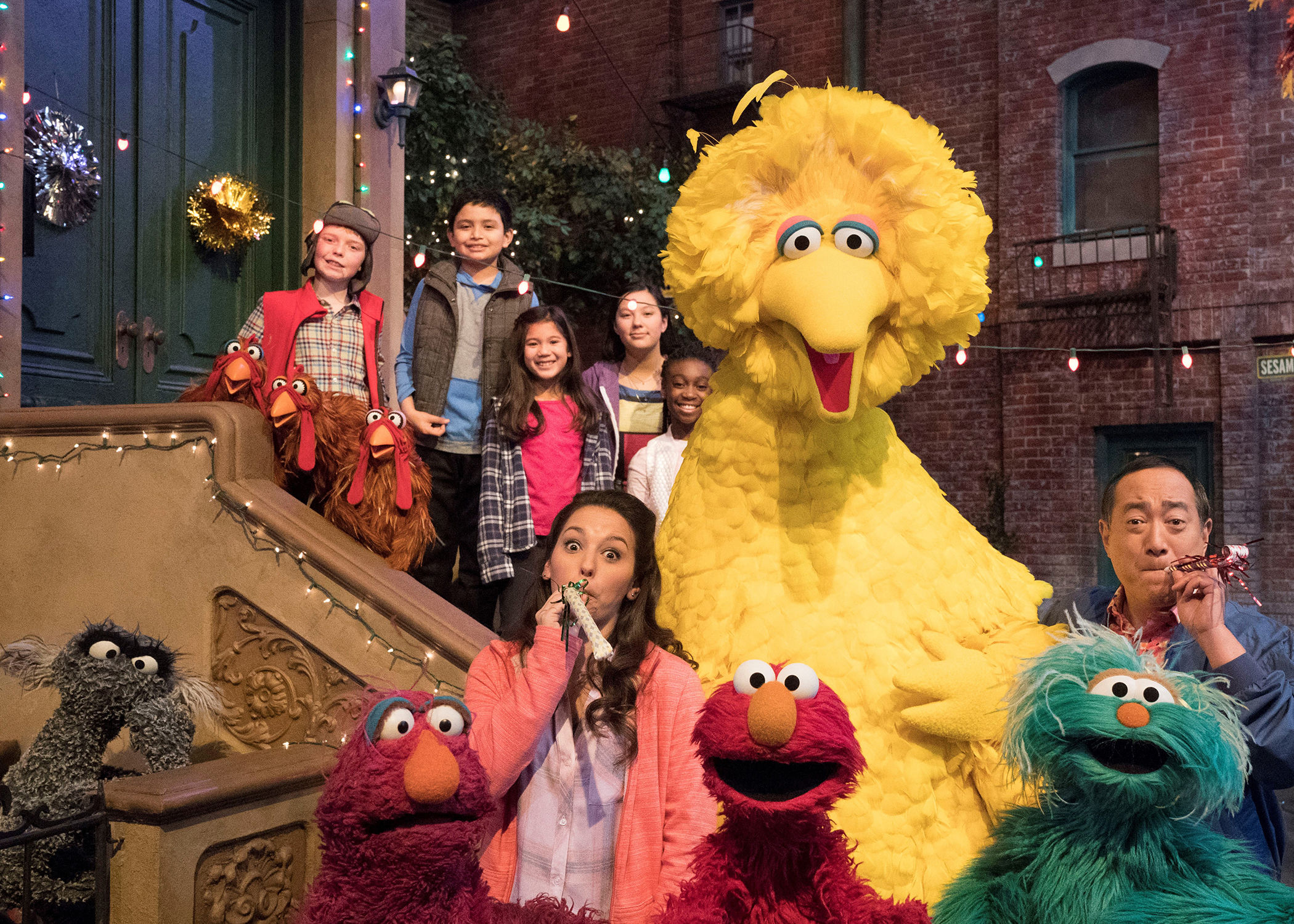Noncoms Ask FCC for KidVid Flexibility
Said tech, promotion help public stations should count toward commercial station obligation

The smarter way to stay on top of broadcasting and cable industry. Sign up below
You are now subscribed
Your newsletter sign-up was successful
Noncommercial TV stations want the FCC to provide them more flexibility in helping commercial broadcasters meet their obligation to air three hours per week of educational/informational (E/I) programming.
In revamping its children's television rules, the FCC sought comment on whether it should allow broadcasters to meet their obligation.
Related: FCC Provides KidVid Compliance Guidance
In July 2019, a politically divided FCC voted Wednesday (July 10) to give broadcasters more flexibility in providing educational/informational (E/I) programming for children, changes Democrats said dis-serve kids.
An accompanying Further Notice of Proposed Rulemaking sought comment on a regime that would allow broadcasters to satisfy their kids programming obligations by, in part, producing or funding programs that aired on another station in their market, kind of like the regulatory equivalent of the Civil War option of paying someone else to fight.
But in a meeting with FCC commissioner Michael O'Rielly, who championed the KidVid revamp, Patrick Butler, president, and Lonna Thompson, executive VP and general counsel, at America’s Public Television Stations (APTS), asked the FCC to revise its tentative conclusion that the station partnerships result in new or expanded programming.
Instead, they said, commercial broadcasters should be able to fulfill that mandate by increasing the accessibility, availability, and image quality of E/I programming already airing on noncoms. That would include providing ad avails for promoting that noncom programming on the commercial station, covering the cost for smaller stations of airing kids programming in HD, or helping cover the cost of getting a TV signal to an MVPD.
The smarter way to stay on top of broadcasting and cable industry. Sign up below
Given that the HD option could cost cost $150,000-$175,000 and getting a signal to an MVP could be $20,000 per year, commercial broadcasters might not be covering all those costs, but could help defray them.
"APTS urges the Commission to adopt a broader understanding of “support” in its sponsorship rules to enable noncommercial stations to use funding from local commercial stations in one or more of these proposed ways that would promote and help increase awareness of noncommercial children’s programming, or that would benefit the quality, accessibility, or availability of curriculum-driven children’s programming," they said.
That curriculum-driven point is particularly salient given the study-at-home nature of the COVID-19 pandemic.
Contributing editor John Eggerton has been an editor and/or writer on media regulation, legislation and policy for over four decades, including covering the FCC, FTC, Congress, the major media trade associations, and the federal courts. In addition to Multichannel News and Broadcasting + Cable, his work has appeared in Radio World, TV Technology, TV Fax, This Week in Consumer Electronics, Variety and the Encyclopedia Britannica.

